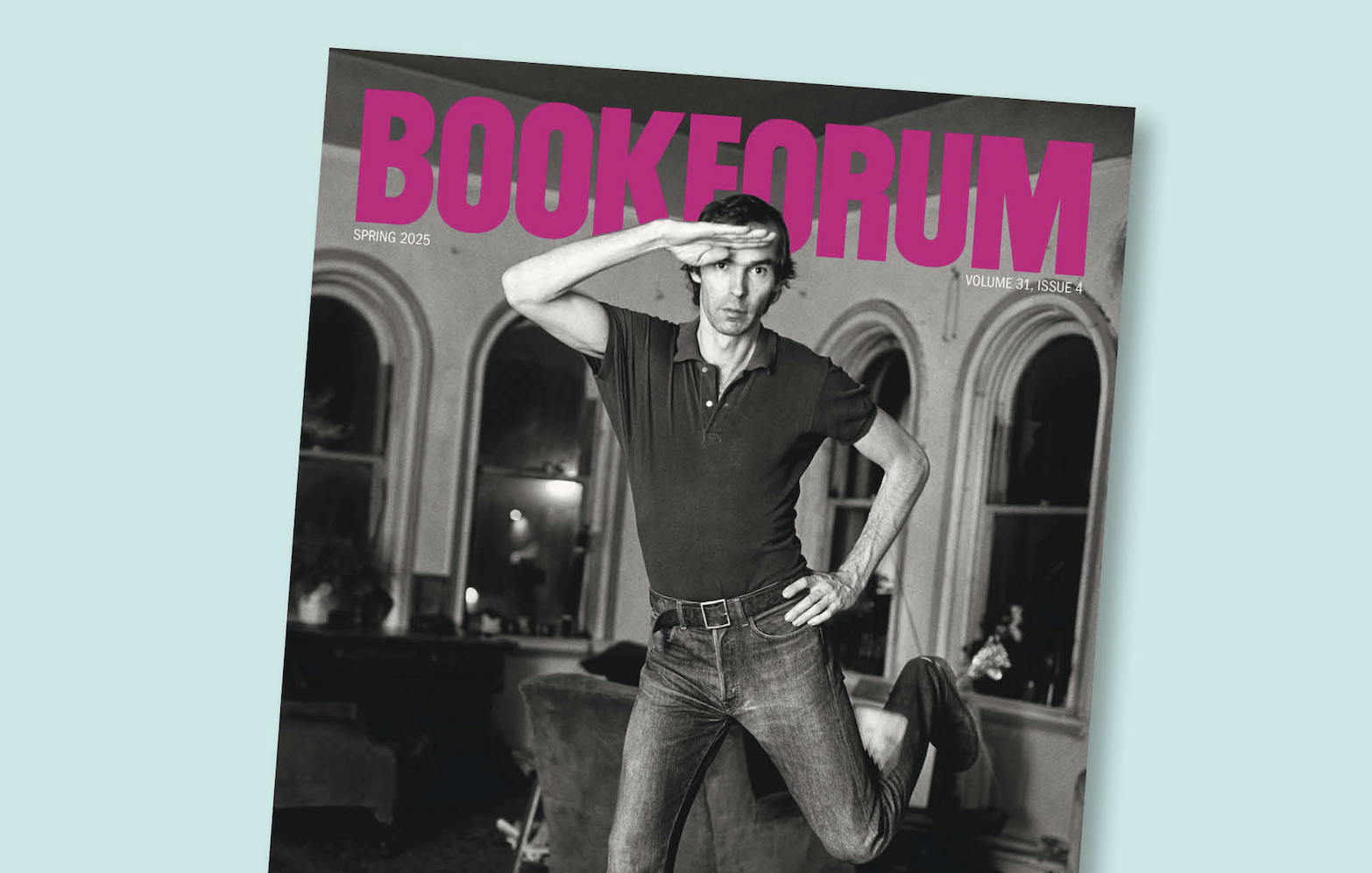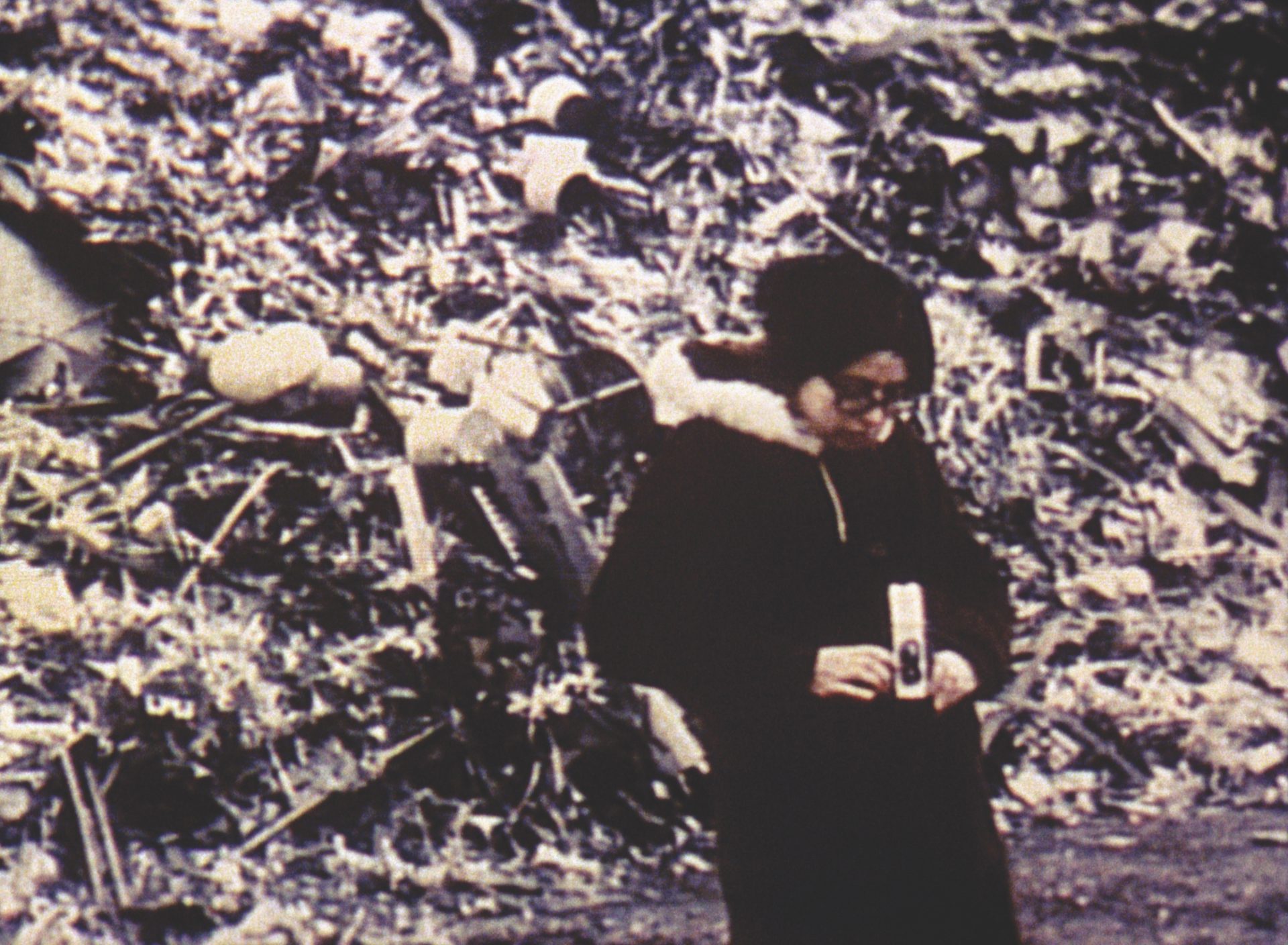
Though it was the Paris Review that published Stephen Dixon’s first short story, “The Chess House,” all the way back in 1963, the relationship between the author and the Review’s editor, George Plimpton, was always fraught. By then, Dixon, born in 1936, had already been a news reporter (he was the first to interview Khrushchev on American soil), an art school model, a bus driver, a bartender, and a schoolteacher. Mostly what he was was poor. Sometime after “The Chess House,” Plimpton stopped returning his messages. So Dixon got desperate and pretended to be the actor Howard Duff—a man famous at the time for playing Sam Spade on the radio. The author received a bewildered call back and then, the next day, a letter from Plimpton. It read: “Not only are you not a novelist, but you’re probably not a short-story writer either.”

Five hundred and some short stories later, Dixon is among the most prolific writers of fiction still living. Though the author’s first book wasn’t published until he was forty, Dixon now has more than thirty novels and story collections to his credit. In just this past decade, Dixon has published—among other things—Phone Rings (2005), a novel that consists almost entirely of two men talking to each other over the telephone; I (2002) and The End of I (2006), a claustrophobic diptych chronicling the creative frustrations of an author who often seems suspiciously similar to his progenitor; and Meyer (2007), a book about writer’s block, something we can be entirely sure Dixon doesn’t have. His productivity is such that when he and Fantagraphics began to discuss doing yet another book of stories, What Is All This?, he was able to spare more than five hundred pages’ worth of previously uncollected material. Much of it is very, very good.
Dixon, the novelist J. Robert Lennon has said, “is the least pretentious living writer.” Or as Dixon himself once put it: “I think I write more about dentistry than any writer alive.” (That his dad was a dentist helps explain that a bit.) He also writes about fathers more than most, solitary men more than almost anyone, and failing relationships, almost always. Frequently, these themes combine, as in “Reinsertion,” when a character visits his dying, divorced, and increasingly demented father in the hospital. “My mind . . . my mind . . . goddamnit, I’m incomprehensible,” the father tells his son, who replies: “Don’t worry about it. Because look at you, with your sudden rage and articulateness. You’re getting better, can’t you see? You’ll be back to your old grouchy self in no time. And ‘incomprehensible’? A word I never heard you use before, except to repeat it mockingly whenever I used it.”
Like many short-story writers, Dixon is a chronicler of small fissures, petty grievances, and misunderstandings. Dixon’s characters try to talk one another into and out of bed (“She”). They ponder abortions (“The Baby”), marriages (“Shoelaces”), and divorces (“Nothing New”). In his hands, the end of a relationship can read a lot like poetry. As one character says to himself: “Just go. Get your things. Leave. Get lost. No goodbye. Take the bus. Go to your apartment. Drink a bottle of wine. Get drunk. Pass out. Do that for two days. Plenty of sleep. Then it’ll be over. Simple as that, really. Or I hope so.” That story’s called “Getting Lost.” Others are called “The Argument,” “Ass,” “The Neighbors,” and so on: simple, unadorned descriptions of the content contained therein.
For all his straightforwardness, Dixon has frequently been tagged as a member of the not-entirely-readable avant-garde, and indeed he has his tics, in both his novels and his shorter works. (The 1991 novel Frog has a paragraph that lasts one hundred pages.) Dixon often writes about the act of writing, and the bifurcating possibilities of a story in progress sometimes come to obsess him: “Knock Knock,” for instance, imagines all the different ways in which a character might hear a knock on his door. But the work never turns rigid or pedantic. Instead, most of Dixon’s writing splits the difference between metafiction and self-therapy. “Starting Again,” a story about two artists squabbling over who will work in which end of the two-room apartment they share, finishes with a pep talk directed equally at character and creator: “Start something. Remember that if it doesn’t come now, chances are almost nonexistent it won’t ever come again.”
People ultimately like Dixon, I think, because he’s a romantic. His gestures are small and occasionally even standoffish, serving to maintain a kind of vulnerable distance from a body of work that otherwise frequently elides author and subject. In the masterful 1969-set title story—a kind of fictionalized “Slouching Towards Bethlehem,” without the malice—one sometime girlfriend tells the narrator: “You’re so compulsively solitary, while at the same time, so hungry for companionship and maybe, maybe even love.” There’s no better description of the way Dixon writes than that.
Zach Baron is an editor at the Village Voice.






